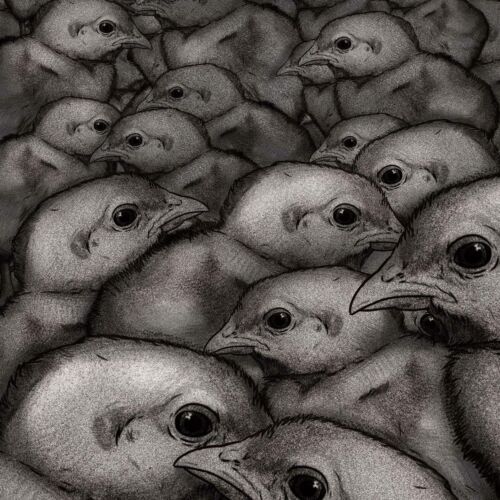Secrets of ancient genes and their impact on human health
Due to a warming climate, viruses in the Arctic may come into contact with new environments and hosts, increasing the risk of their “spread”. Researchers from the University of Ottawa took soil samples from the trough where the glacial water flows and from the bottom of Lake Hazen in Nunavut, Canada, north of the Arctic Circle, to sequence them for DNA and RNA. According to the researchers, the risk of an outbreak of epidemics is currently low, but surveillance and further research is needed.
A study analysing the DNA of the skeletons of victims who died from the plague found that mutations that helped people survive the plague are linked to autoimmune diseases, such as inflammatory bowel disease and Crohn’s disease. The results were confirmed in contemporary experiments using the plague bacterium, Yersinia pestis. Blood samples from people with helpful mutations were more resistant to infection than those without mutations.
HERVs, i. e. human endogenous retroviruses, make up about 8% of the human genome and emerged as a result of infections suffered millions of years ago by primates, the ancestors of modern humans. Can genetic residues of human endogenous retroviruses cause disease in humans? This is a question currently being investigated by scientists. The most famous HERV embedded in human and animal genomes is syncytin. This gene plays an important role in placenta formation – pregnancy in all mammals depends on a protein derived from a virus encoded specifically in it.

























